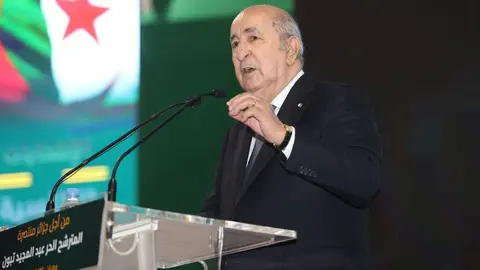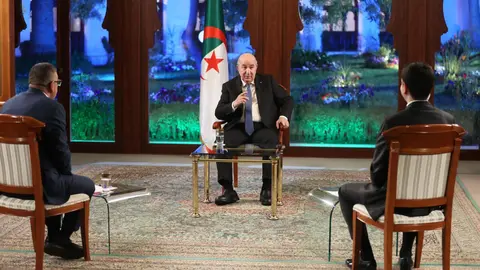Algeria: An election campaign marked by all kinds of blunders
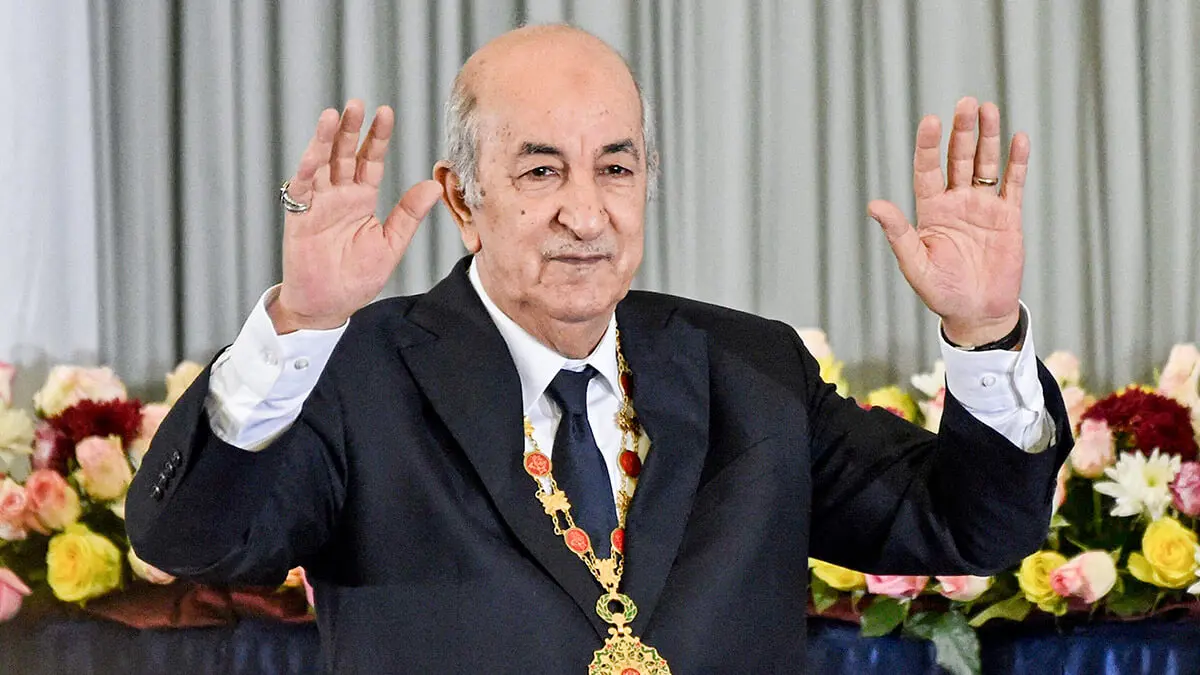
With no political programme worthy of the name, the three candidates for the supreme magistracy have done nothing but multiply the most extravagant promises, notably concerning increases in salaries, student grants, family allowances, especially for housewives, and the tourist allowance, the lowest in the world. Promises that smack of corruption. ‘ They give the impression of wanting to bribe the public with tempting promises that will never be kept ’, commented one citizen. In this frenzied display of false promises, the president-candidate Tebboune put on his former housing minister's suit to promise the construction of 450,000 homes. As if this were the prerogative of the President of the Republic.
Moreover, the only two speeches made by Tebboune, one in the eastern capital Constantine and the other in Oran, the western capital, were more than enough for him to win the prize for absurdity. Calling on Egypt to open its borders with Gaza so that ‘the Algerian army can demonstrate what it can do’, Abdelmadjid Tebboune changed his tune a few seconds later to say that the Algerian army was ready to build three hospitals in 20 days. But this did not fail to arouse hilarity around the world. Just as it did not prevent the White House from sending its ambassador in Algiers, Elizabeth Moore Aubin, in the early hours of Thursday 22 August to ask the Algerian Minister of Foreign Affairs to explain the martial tone of Tebboune's speech in Constantine.
Ahmed Attaf, the head of Algerian diplomacy, was reprimanded by the American ambassador, and was obliged to issue a cautious statement in which he dwelt on ‘ the pacifism of the Algerian regime ’.
A week later, in Oran, Tebboune forgot Gaza and took a broader view by talking about Palestine without offending Israel and its friends. But he returned to his bellicose language against Morocco, hammering home the point that the Sahrawi state under the leadership of the Polisario would see the light of day willy-nilly, as if it had enough influence to impose its will on the world. Tebboune spoke without conviction. You could see it. He was trying to puff up his chest just to show off a strength that he lacks. He is content with the strength of his verbiage to the point where it will provoke yet more global hilarity. In less than a minute, the President-candidate says one thing and its opposite. Referring to the country's economic health under his governance, Tebboune declared: ‘ The World Bank and the IMF are here to attest that our GDP will reach 400 billion dollars in 2027. This will enable us to resemble the countries of southern Europe. We are the second largest economy in Africa. In 2019 (editor's note: before he came to power), Algerians had lost all hope. Our economy was at the bottom of the league table. Today, Algeria is the world's3rd largest economy. No comment. We prefer to put this incoherence down to delirium, quite simply.
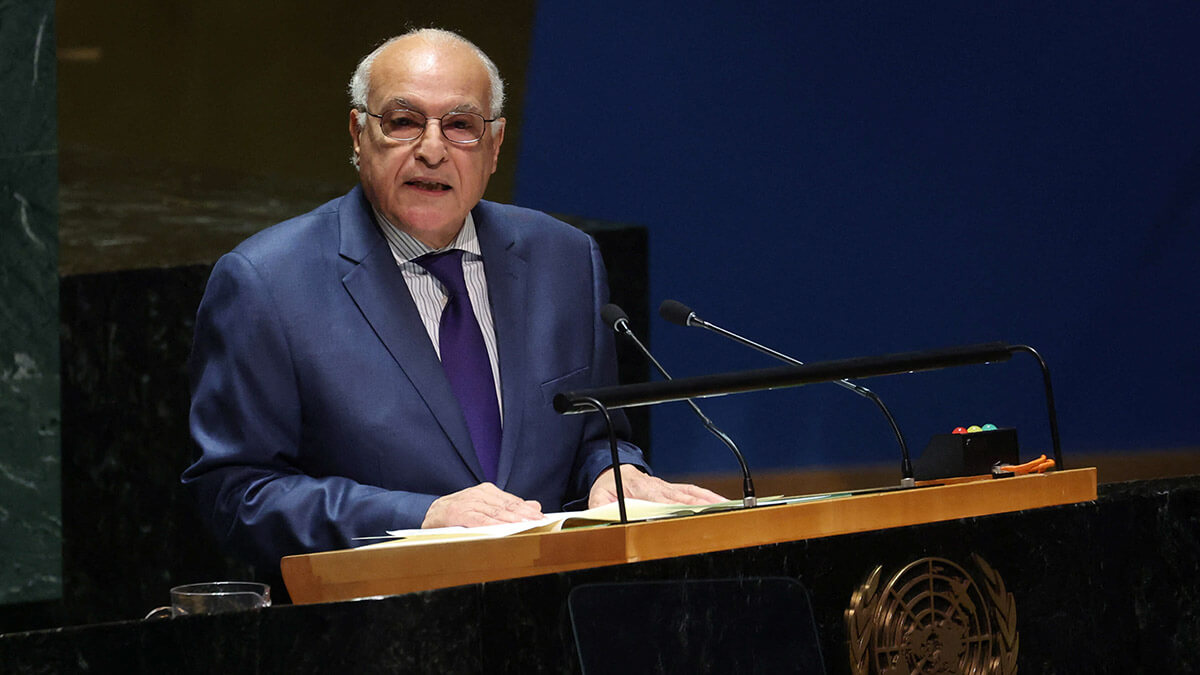
However, the wave of arrests and kidnappings has nothing to do with delirium. It is a repression that clearly shows that, although the Algerian regime is going it alone in this presidential election, the only one of its kind, it does not tolerate the slightest contradiction or opposition to its discourse. Several arrests were made throughout the country. On charges of ‘wasting public funds’, citizens caught in flagrante delicto tearing up candidates‘ portraits were brought before the courts and sentenced to two years’ imprisonment.
Yet there is nothing in the penal code to indicate such a sentence for such an act. By attacking ordinary citizens who attract no media attention, the powers that be are extending their repression to leading figures on the political scene.
On the evening of Monday 26 August, police officers from the DGSN raided the home of Sheikh Ali Benhadj. After searching the flat, which had been under police surveillance for more than a dozen years, they took the former spokesman for the dissolved Islamic Salvation Front (FIS) to an unknown destination. The next day, his family learned that he was at the Bab-Ezzouar police station in the Algiers suburbs. His son, who had gone to bring him his medication, was held in police custody. Ali Benhadj was subsequently transferred to the cybercrime unit. He will have to answer for comments made on a YouTube channel that he has been hosting for some time.
Another political figure affected by the repressive machine is Fethi Gherras, coordinator of the Movement for Social Democracy (MDS). ‘ On 27 August 2024, at 10am, he was taken away by plainclothes police officers for ‘an audition ’, they told his wife. In the afternoon, his wife and another MDS activist, Ouahid Benhala, were in turn detained at the police station. At the time of going to press, the three activists are still in the hands of the police.
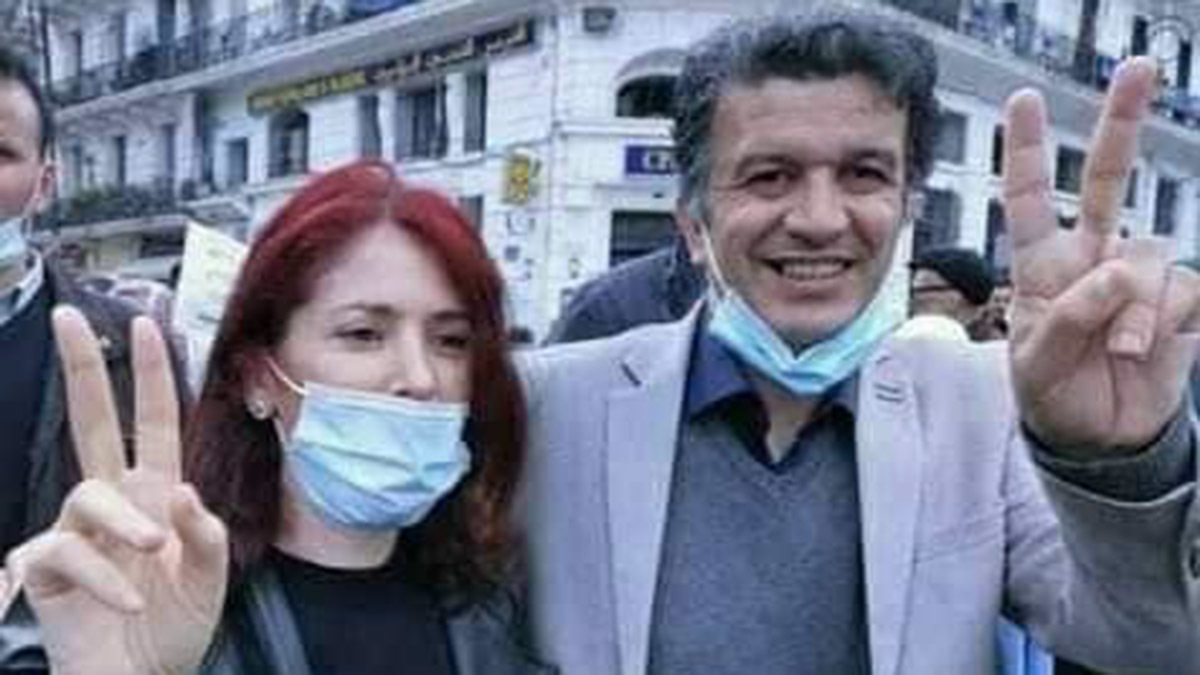
A week earlier, Karim Tabbou, President of the UDS, was unexpectedly brought before the examining magistrate at the Koléa court on 19 August 2024, who notified him of new restrictions on his judicial supervision, even though he had gone to the DGSI barracks at Dely Brahim on the same day, as he does every Monday, to sign the judicial supervision register. The activist Karim Tabbou refused, before the examining magistrate at the court in Koléa, in the wilaya of Tipaza, to sign the more stringent conditions of judicial supervision imposed on him. The new conditions forbid him ‘to publish political comments on social networks, to take part in political debates, whether televised or otherwise, to engage in political activities, to assemble and to leave the perimeter of his daïra of residence’.
Several arrests were made throughout the country. We will limit ourselves to mentioning those made in the last 24 hours. The activist Djamil Khalid Belarbi was summoned by the police in Tiaret (in the west of the country). In the east of the country, the correctional chamber of the Constantine court today, 27 August 2024, confirmed the sentence handed down by the court of first instance against the prisoner of conscience Djaber Bechiri, who was sentenced to 02 years in prison.
In Kabylia, the court of Ain El Hamam (Michelet), wilaya of Tizi Ouzou, the activist Tahar Temim was presented today, 27 August 2024, before the prosecutor at the court and then before the examining magistrate at the same court, who ordered that he be placed under judicial supervision with a view to continuing the investigation.
He is charged with ‘apology for terrorism’ and ‘ publication of false information likely to undermine national security and public order’. He was arrested on 21 August and held for 6 days at the Tizi-Ouzou central police station.
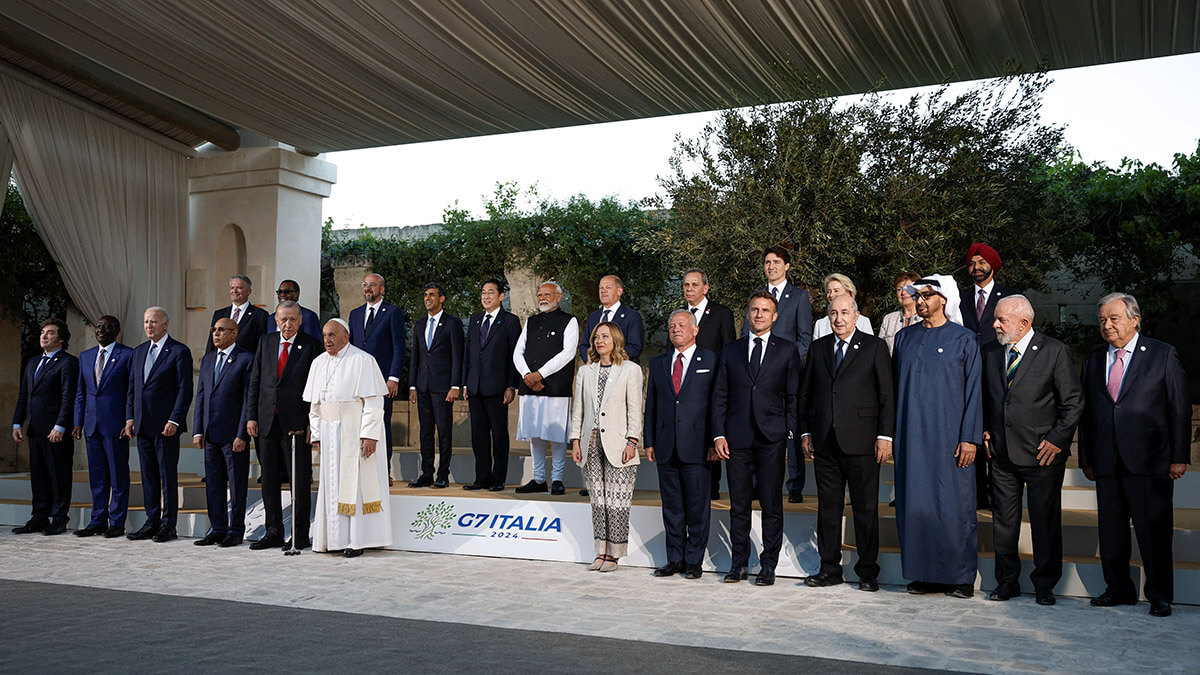
Yacine Mekireche has been arbitrarily detained since 8 August 2024 in El Harrach prison because of his opinions. On 6 August, he was arrested at his family home and taken into custody at the Bab El Oued police station in Algiers. He is being held in custody on charges of ‘ insulting public authority “, ” inciting an unarmed gathering “ and ” disseminating hate speech ’, based on Facebook posts. Like millions of Algerians, Yacine aspires to live in an Algeria where dignity, freedom and justice are not just empty slogans.
This repression and these violations of human rights are superbly ignored by the Algerian media, whether public or private, print or electronic, spoken or televised. There is no need to ask about freedom of the press or freedom to inform.


